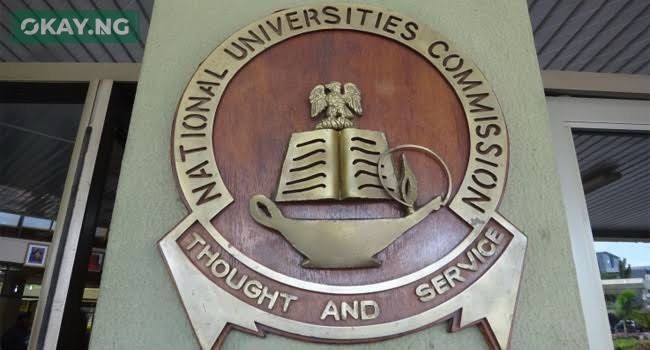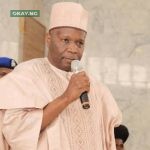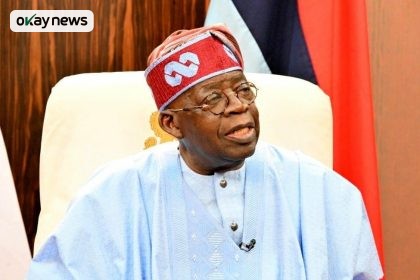The Nigerian federal government has voiced its opposition to the National Assembly’s proposals to establish nearly 200 additional universities across the country, citing concerns about the system becoming overburdened. Minister of Education, Tunji Alausa, articulated the government’s stance during a recent press briefing in Abuja, revealing that approximately 200 bills related to the creation of new universities are currently before the National Assembly.
Currently, Nigeria has 278 universities, comprising 64 federal, 67 state, and 147 private institutions. The government had previously implemented a one-year freeze on the licensing of new private universities to ensure that only institutions with adequate financial and academic resources are approved. Minister Alausa emphasized that prioritizing the strengthening of existing universities is more critical than creating new ones. He stated, “The sheer volume of bills for new universities is unsustainable. We need to focus on enhancing the capacity of our current institutions to offer high-quality, relevant courses.”
He also noted that despite the large number of universities, the overall student enrollment remains relatively low, with many institutions operating below their potential. Alausa pointed out that private universities account for only 7.5% of total undergraduate enrollment.
The government’s stance contrasts with the recent trend of approving new federal universities, often driven by influential figures or collaborations with legislators. President Tinubu, for instance, has recently approved the establishment of several new federal universities.
Simultaneously, the government has continued to license new private universities, despite the moratorium. Attempts to obtain comments from spokespersons of the Senate and the House of Representatives regarding the government’s opposition were unsuccessful. In addition to the university issue, Minister Alausa detailed the government’s plans to support Almajiri education, including school feeding programs, vocational training, and grants for Tsangaya and Quranic teachers. He highlighted the need to address the root causes of the Almajiri phenomenon, such as poverty in rural areas.
The government also plans to revitalize existing Almajiri schools, many of which are in disrepair, through collaboration between the Universal Basic Education Commission (UBEC) and the Almajiri Commission.
Furthermore, the minister called for specialized universities to focus on their core mandates and reduce the offering of non-technical courses. He also affirmed the continuation of the Education Tax Fund. To address the shortage of skilled labor, the government will offer six-month free skills training programs through its Digital Training Academy (DTA), focusing on areas like software development, cybersecurity, and AI. The government will also cover internet and certification costs for participants.
President Tinubu has also approved N40 billion to resume construction of the National Library.







